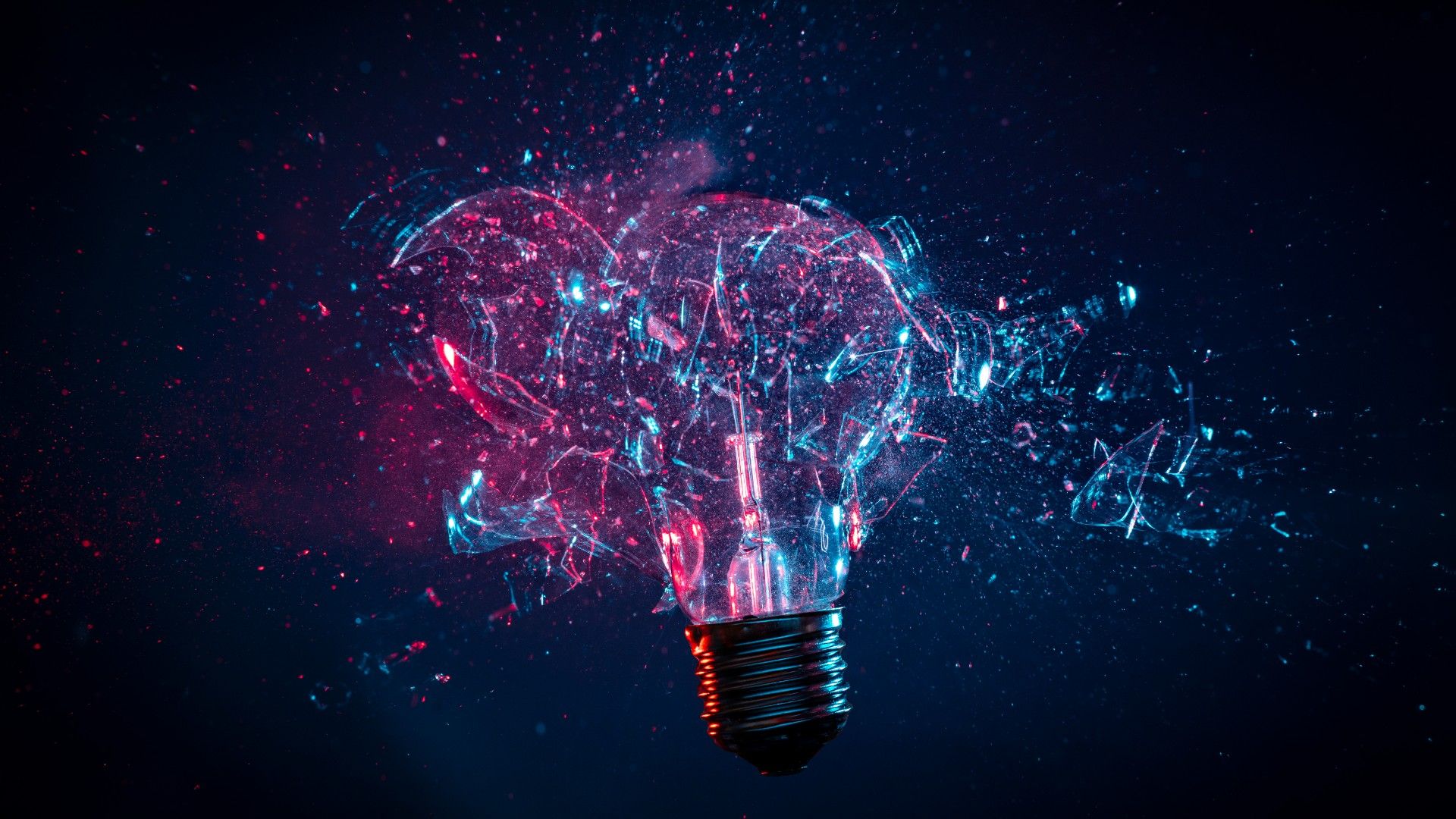When I think about how far science has come, I realize that discoveries and innovations surround us every day in ways we might not always notice. From medicine to space exploration, the pace of progress continues to shape the way we live. Even in lifestyle choices, technology and science play a part, like when I look at trends in vaping where flavors such as Raz Night Crawler flavor stand out alongside the growth of RAZ Vape Disposables and unique blends like Raz Graham Twist. Science isn’t limited to labs—it connects with our choices, our habits, and even the products we enjoy. Exploring these areas shows how science continues to impact daily life in direct and meaningful ways.

The Expanding World of Space Science
Space exploration is one of the most fascinating areas of modern science. Recent missions have uncovered details about planets, moons, and even asteroids that help us understand the origins of the solar system. New telescopes and space probes allow scientists to look deeper into the universe than ever before, giving us data about distant galaxies. This effort isn’t just about curiosity—it also offers clues to issues closer to home, like climate and planetary systems.
Another exciting development is the push for human spaceflight beyond Earth’s orbit. Agencies and private companies are working toward missions to the Moon and Mars. These projects are building new spacecraft, testing life-support systems, and even experimenting with food production in space. The knowledge gained here eventually finds applications back on Earth, whether in materials research, engineering, or environmental science.
Advances in Health and Medical Research
Medicine is another field where science discoveries continue to transform daily life. Researchers are developing new treatments for chronic diseases, using technology to personalize care, and applying genetic insights to better understand human health. Recent innovations in biotechnology, for example, allow for faster development of vaccines and more precise diagnostic tools.
What stands out is the use of artificial intelligence in healthcare. AI tools now assist doctors with analyzing medical images, predicting patient needs, and even helping in surgery. These systems do not replace human expertise but enhance decision-making. The combination of human skill and technology creates more effective outcomes for patients while improving efficiency in hospitals.
At the same time, medical research is focusing on accessibility. Portable devices that monitor vital signs, apps that track health habits, and affordable diagnostic kits make it possible for people to take an active role in their own well-being. This blend of science and technology reduces barriers and extends the benefits of health innovation to more communities.
Energy and Environmental Innovation
Energy is another sector where science is pushing progress. Renewable sources like solar, wind, and hydropower continue to expand, reducing dependence on fossil fuels. Advances in battery technology make it easier to store energy and use it when needed, supporting everything from household devices to electric vehicles.
Environmental research is also helping to address climate challenges. Scientists are developing methods to capture carbon, recycle materials more efficiently, and reduce waste. Agricultural innovation, such as precision farming, improves food production while conserving resources. These practical applications are not abstract—they shape how people grow food, use energy, and live more sustainably every day.
The collaboration between industries, governments, and researchers is key to making these innovations practical. For example, electric transportation is possible not only because of car design but also because of the grid, infrastructure, and policies that support it. When science leads and society follows, progress becomes more effective and lasting.
Everyday Applications of Science
It’s easy to think of science as something distant or complex, but it plays an important role in everyday choices. Smartphones, wearable technology, and even simple kitchen appliances rely on decades of scientific research. The link between science and lifestyle is clear when looking at products that people use for personal enjoyment. For instance, in the vaping industry, RAZ Vape Disposables are designed through careful research into technology and safety features. Similarly, flavors like Raz Graham Twist reflect how science and creativity combine to produce consistent and enjoyable experiences.
Here are a few more ways science shapes daily living:
- Communication: Fast internet connections, video calls, and mobile apps rely on advances in computing and networks.
- Food: Research into nutrition and preservation ensures safer and more accessible food options.
- Transportation: Electric vehicles and smart traffic systems are built on engineering and environmental science.
- Entertainment: Virtual reality, gaming, and streaming platforms depend on scientific progress in graphics and data transfer.
Each of these examples shows how science is present in ordinary routines. People often benefit from discoveries without realizing the amount of work, testing, and research behind them.
Looking Ahead to the Future of Science
The future of science promises even more discoveries and innovations. With collaboration across nations and industries, research continues to push boundaries in areas like quantum computing, renewable energy, and space exploration. These fields may hold the answers to some of the most pressing questions humanity faces, such as how to manage resources, treat diseases, and explore new environments.
What makes science especially engaging today is its connection to everyday life. Whether we are following health apps, enjoying new technologies, or even choosing lifestyle products, the results of scientific progress are always nearby. The blending of research, creativity, and application keeps science relevant and practical.
When I consider how discoveries influence both global progress and personal experiences, I see a clear link between curiosity and innovation. From big projects in space and medicine to products in everyday routines, science continues to shape life in useful ways. Even when I think of small things like trying Raz Night Crawler flavor, using RAZ Vape Disposables, or exploring blends like Raz Graham Twist, I recognize that behind these are layers of research, design, and testing that bring science into simple, enjoyable experiences. Science is not only about distant discoveries—it’s also about how those discoveries connect directly with daily life.